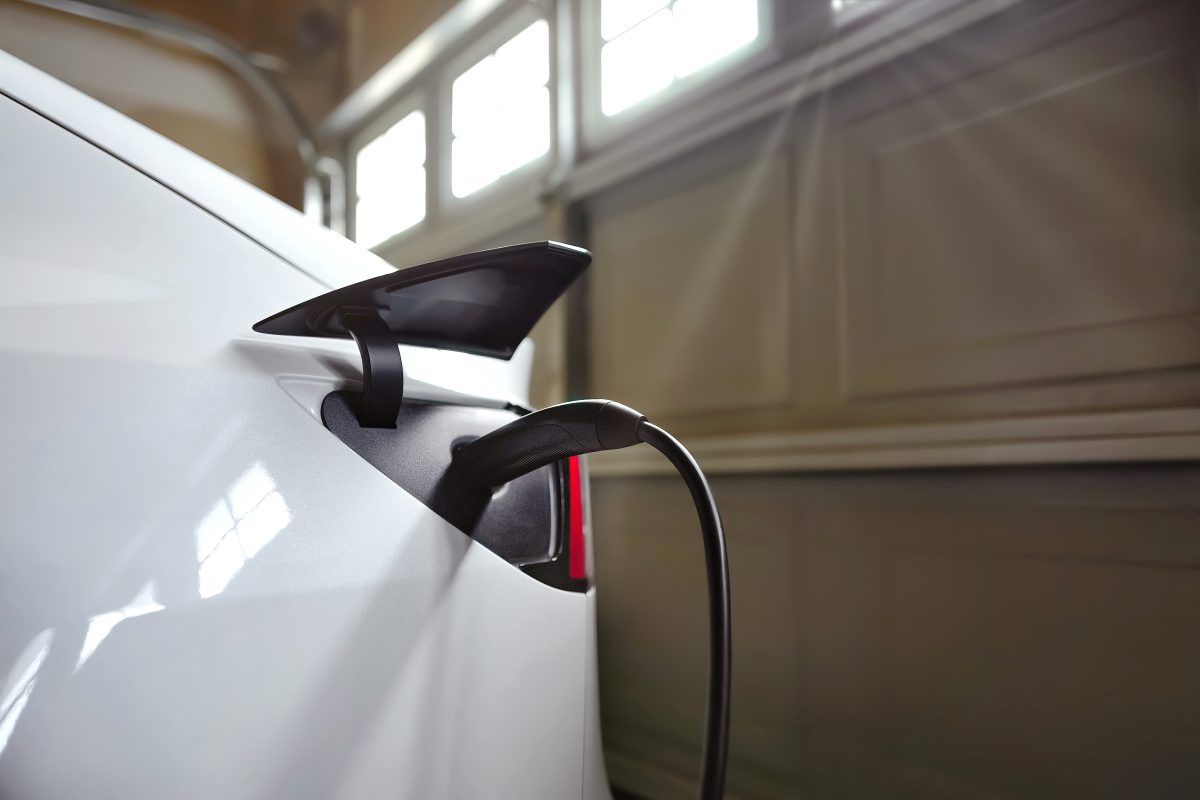How Much Does It Cost to Install an EV Charger at Home?
Imagine the convenience of waking up each morning to a fully charged electric vehicle, ready to take on the day with zero emissions and lower fuel costs. For many EV owners, installing a home charger is a game-changer, allowing them to charge their vehicles overnight and skip the lines at public charging stations.
If you are an EV-owning homeowner looking for this type of convenience, you might wonder, “How much does it cost to install an EV charger at home?” The journey to installing a home EV charger involves understanding the costs and logistics. Here’s what you need to know to make an informed decision.
What Factors Affect the Cost of Installing a Home EV Charger?
While you might be looking for an exact amount, it’s important to remember that the cost of installing an EV charger at home can vary based on several factors. The type of charger is one of the primary considerations. A basic Level 1 charger that uses a standard 120-volt outlet is usually a cheaper install but slower, while a Level 2 charger requires a 240-volt outlet and offers faster charging speeds.
Additionally, your home’s existing electrical system may need upgrades to support an EV charger, particularly a Level 2 charger. These updates could involve updating your breaker box or installing a new dedicated circuit. The layout of your home and the distance from your electrical panel to the installation site can impact labor costs. A straightforward installation will be less expensive than one requiring extensive wiring or modifications. Furthermore, depending on local regulations, you might need permits and inspections, which can add to the overall cost.
What Are the Average Costs for Home EV Charger Installation?
With all that said, understanding the average costs can help set realistic expectations for your own installation project. Installation costs are usually lower for a Level 1 charger, which often comes with the vehicle and can be plugged into any standard outlet. It is generally around $300 to $600 for basic electrical work if needed.
In contrast, a Level 2 charger, which requires a dedicated 240-volt outlet and is much faster, typically involves installation costs ranging from $500 to $2,000, including the charger unit, electrical upgrades, and labor. Of course, these are just generalized estimates. Your specific project may cost more or fall right within those ranges, depending on the work needed. It is crucial to speak with a professional to get an accurate estimate for the job in your own home.
Is It Worth Upgrading to a Level 2 Charger?
A Level 2 charger offers significant benefits over a Level 1 charger. Level 2 chargers can fully charge an electric vehicle in a few hours, compared to the overnight charging required by Level 1 chargers. With faster charging, you can quickly top up your EV, making managing daily commutes and longer trips easier. Additionally, installing a Level 2 charger can be an attractive feature for future home buyers, particularly as electric vehicles become more popular.
How Do Electrical System Upgrades Impact Installation Costs?
Upgrading your home’s electrical system can be a significant part of the installation cost. If your breaker box is outdated or lacks capacity, you might need an upgrade, costing between $500 and $2,000 or more. Adding a dedicated circuit for your EV charger ensures safety and efficiency but can also add $500 to $1,500 or more to the total cost.
What Are the Labor Costs Involved in EV Charger Installation?
Labor costs can vary widely based on your location and the complexity of the installation, and professional electricians typically charge by the hour. A simple installation might take a few hours, while a more complex setup could require an entire day. Tasks such as trenching for outdoor installations, drywall modifications, and complex wiring can increase labor costs.
Can I Save Money on Installation Costs?
There are several ways to manage and potentially reduce installation costs. Many local governments and utility companies offer rebates and incentives for installing home EV chargers, so check with your local utility for available programs.
If you have electrical experience, you might be able to handle some aspects of the installation yourself, though professional installation is recommended for safety and compliance .Additionally, if you need other electrical work done in your home, bundling services might reduce overall costs by taking advantage of economies of scale.
Are There Long-Term Savings with a Home EV Charger?
Investing in a home EV charger can lead to significant long-term savings. Charging at home is often cheaper than public charging stations, particularly if you have access to off-peak electricity rates. Electric vehicles generally have lower maintenance costs than traditional vehicles, which can lead to overall savings. Plus, the convenience of home charging can save you time, eliminating trips to public charging stations.
Choose RS Martin for Your EV Charging Needs
Installing an EV charger at home is a practical investment that enhances the convenience and efficiency of owning an electric vehicle. While the initial costs can vary, the long-term benefits make it a worthwhile consideration for many EV owners. Understanding the factors that influence installation costs and exploring ways to manage these expenses can help you make an informed decision that aligns with your needs and budget.
When you’re looking for professional help installing your home EV charger, trust the experts at RS Martin. With years of experience and a commitment to quality, our team at RS Martin ensures a seamless and efficient installation process tailored to your specific requirements. Our skilled electricians will handle everything from assessing your electrical system to completing the installation, ensuring that your home is equipped for the future of transportation. Choose RS Martin for reliable, professional service that will keep your electric vehicle charged and ready to go.


 24 Hour
24 Hour